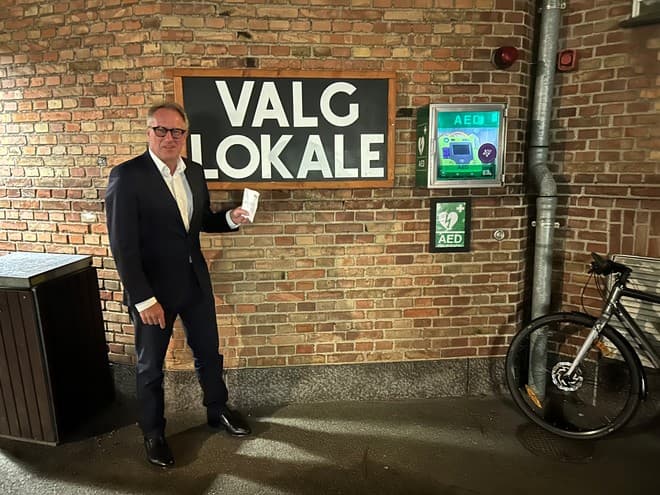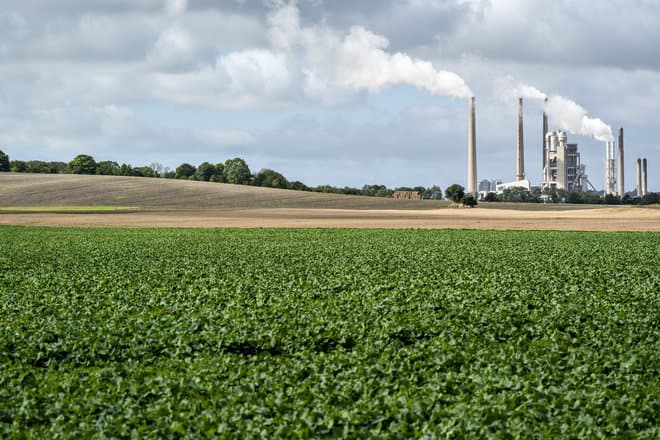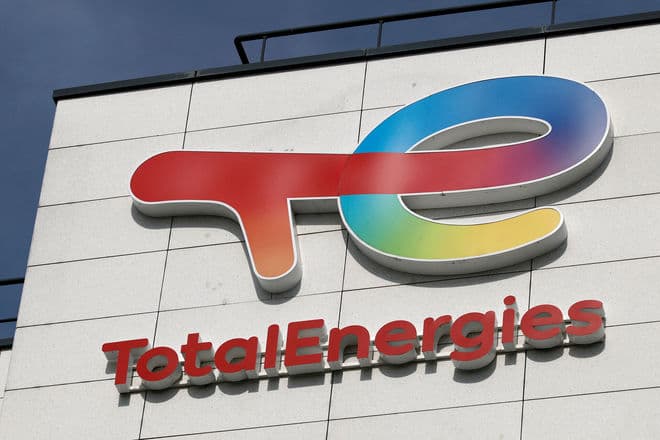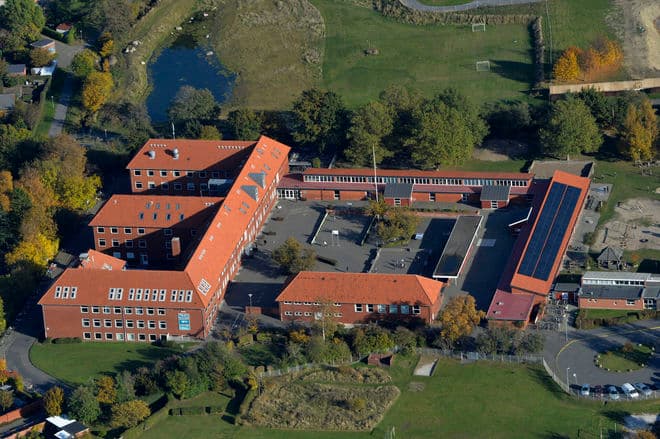
Local authorities have approved a partial reopening of the world's largest nuclear power plant, Kashiwazaki-Kariwa, located in Japan. This was announced by the governor of Niigata province Hideyo Hanazumi at a press conference, the news agency AFP reports on Friday.
The nuclear power plant is located in Niigata province. However, the reactivation of the power plant requires final approval from Japan's national nuclear regulatory authority.
If Kashiwazaki-Kariwa resumes operations, it will be the first time since 2011 that the operator Tepco has put a nuclear power plant into operation in Japan.
In 2011, an earthquake and then a tsunami hit the country. The nuclear power plant in Fukushima, which was run by Tepco, was severely affected. The earthquake and tsunami triggered a partial meltdown in several of the plant's reactors, resulting in radioactive releases into the areas around Fukushima - including the sea.
Subsequently, all 54 active nuclear reactors in Japan were taken out of service. Since then, 14 of them have been restarted after new and stricter safety rules were introduced in the Japanese nuclear power sector. None of them are operated by Tepco, which has been responsible for operating Fukushima and Kashiwazaki-Kariwa.
The shutdown of all nuclear power 14 years ago meant that Japan became dependent on imports of fossil fuels such as oil and gas from abroad.
Prime Minister Sanae Takaichi has said that he supports the reopening of more nuclear reactors. More domestic nuclear power will strengthen Japan's energy security and be cheaper than importing energy, the argument goes.
Currently, between 60 and 70 percent of Japan's total electricity consumption is covered by imported energy sources, writes the news agency Reuters. The Fukushima accident in 2011 is considered, along with the Chernobyl accident in 1986, to be one of the worst nuclear accidents ever.
/ritzau/
Text, graphics, images, sound, and other content on this website are protected under copyright law. DK Medier reserves all rights to the content, including the right to exploit the content for the purpose of text and data mining, cf. Section 11b of the Copyright Act and Article 4 of the DSM Directive.
Customers with IP agreements/major customer agreements may only share Danish Offshore Industry articles internally for the purpose of handling specific cases. Sharing in connection with specific cases refers to journaling, archiving, or similar uses.
Customers with a personal subscription/login may not share Danish Offshore Industry articles with individuals who do not themselves have a personal subscription to Danish Offshore Industry.
Any deviation from the above requires written consent from DK Medier.


























